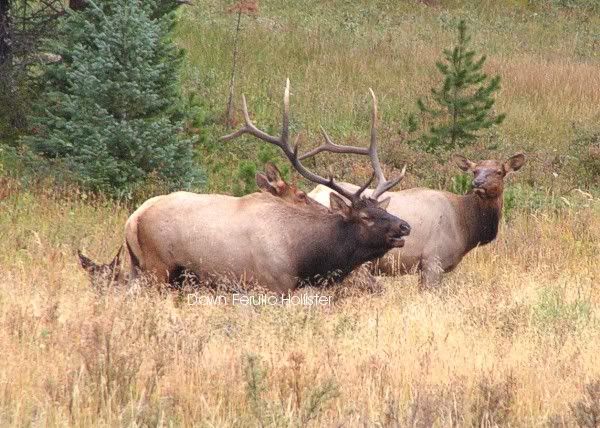Are you listening?


 CLICK FOR VIDEO
CLICK FOR VIDEO


I'm starting a new endeavour: A Classics Education. This book list is from "A Thomas Jefferson Education" by Oliver Van DeMille and is a jumping off point for a classics education. My education wasn't poor, but from reading this list, I realize my education is not rich in the classics.
THE GOAL: Complete all 100 classics in 1000 days (June 5, 2017)
That's an average of 1 book a month, in addition to my other reading endeavors .
After reading, they are marked in orange. If I've previously read them and have a good memory of them, they are marked (those that were thoroughly studied in college). If I only vaguely remember (from high school), I am rereading the book.


"The establishment of the Core occurs roughly between the years of 0-8; the maintenance and nourishment of the Core is a life-long process. …This consists of the lessons of good/bad, right/wrong, true/false, and is accomplished through work/play....Spend most of his time at home with his family, being nurtured and loved" ---Oliver Van DeMille, A Thomas Jefferson Education, 2nd Edition, pages 31-32
"Leadership Education has three primary goals. First, to train thinkers, leaders, entrepreneurs, and statesmen—those with understanding and competence to lead society (do things right) and the moral character to act with integrity in the areas they lead in (do the right thing). Second, to perpetuate freedom by helping people understand what freedom is and what must be done to maintain it, and inspiring them to actually do the difficult things required to make it happen. Third, teach students how to think, which is how the first two goals must be accomplished. Those who know how to think are able to lead effectively and help a society remain free and prosperous, while those who know only when or what to think will be unable to do so."



 Pooh has been on Hiatus for a few months. He did visit Utah, California and Wyoming, though! As soon as he is ready, he will be taking a LONG journey to Ballarat Australia to visit Dawn's best friend Katrina. More to come soon!
This is our geography project. The idea is to send our little friend--Pooh Bear--around the country (and the world, when possible). We learn, through Pooh Bear, his location (geography) and the local culture.
MILES TRAVELLED TO DATE:
Pooh has been on Hiatus for a few months. He did visit Utah, California and Wyoming, though! As soon as he is ready, he will be taking a LONG journey to Ballarat Australia to visit Dawn's best friend Katrina. More to come soon!
This is our geography project. The idea is to send our little friend--Pooh Bear--around the country (and the world, when possible). We learn, through Pooh Bear, his location (geography) and the local culture.
MILES TRAVELLED TO DATE:

© Blogger template Newspaper III by Ourblogtemplates.com 2008
Back to TOP